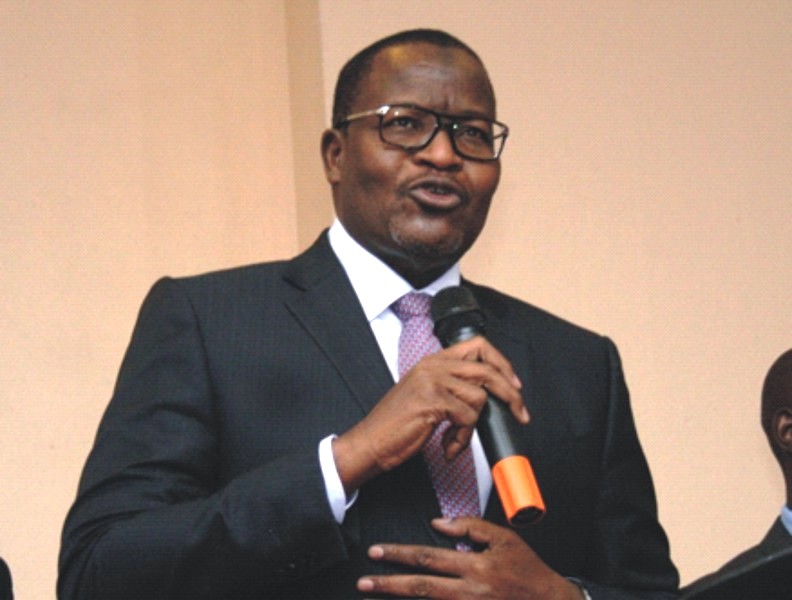In order to optimize usage and benefits of spectrum as well as maximizing availability of same, the board of the Nigeria Communications Commission (NCC) has approved the commencement of spectrum trading in the country.
The new initiative, according to Umar Garba Danbatta, professor and executive vice chairman of the commission, would facilitate transfer, leasing, and sharing of spectrums by operators.
Umar disclosed this Monday at an interactive session with the media in Lagos. He said operators who got assigned spectrums via administration or auction and who could not make use of them momentarily can lease, share or transfer them with the new policy. This he said would further enhance the information and communication technology landscape of the country.
While reiterating on the commissions’ 8-point agenda, Danbatta noted that the country had not made good progress on broadband penetration and that at 22 percent penetration as of September 2017 the country is lagging behind global targets.
Specifically, the Broadband Commission for Sustainable Development 2025 Targets stipulate that by 2025 broadband/ Internet user penetration should reach: 75 percent worldwide, 65 percent in developing countries, and 35 percent in least developed countries.
However, Danbatta stressed that the NCC is working assiduously to accomplish the 30 percent national target for 2018 as envisaged in the National Broadband Plan (NBP 2013-2018).
He said the NCC is not relenting in leading Nigeria to a destination of pervasive services, adding that broadband is the engine of growth in global economies.
“A World Bank study has concluded that 10-percentage point increase in fixed broadband penetration would increase GDP growth by 1.21 percent in developed economies, and 1.38 percent in developing ones,” he noted, adding that going by the ITU 22 percent of penetration vis-à-vis the country’s population of 198 million, only 43.56 million Nigerians have access to the Internet.
In real terms about 145 million Nigerians are among world’s 3.8 billion (about half of world population) not connected to the Internet, according to the UN Broadband Commission, which has set global broadband targets to bring online those not connected.
Danbatta, said that the NCC has achieved a major landscape recently on its set objectives by licensing four infrastructure service providers (infracos) to provide broadband infrastructure. He, however, lamented the challenge of right-of-way, which he said has slowed work on deployment of broadband infrastructure, adding that the commission is working with the various state governments to have reasonable and standard charges across the country.
He said most states and local government councils are charging as high as N6,000 as access fees for laying of ICTSP ducts and cables, which were pegged at N145 per linear metre and N20 per linear metre as annual maintenance access fees, subject to periodic reviews at five-year intervals or whenever compelling circumstances demand such reviews.
As fallout of the NCC consultations with the states on the matter, the NCC informed that Kaduna State has brought down such charges to about N800 per linear metre and hopes some other states would review their charges even lower to improve deployment of telecommunications infrastructure.



